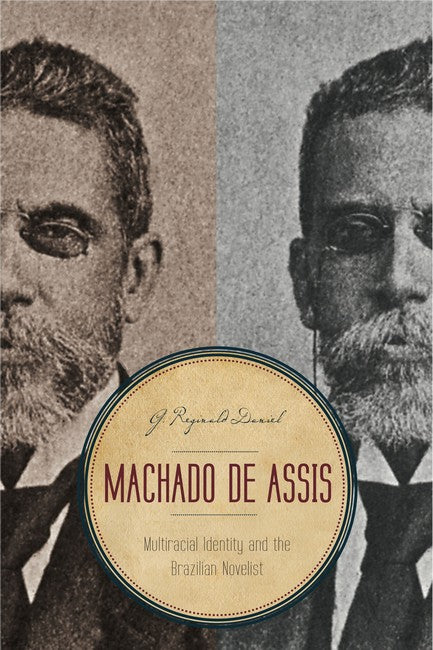Contents
Acknowledgments
Introduction: Machado de Assis: The Critical Legacy
1 Neither Black nor White: The Brazilian Racial Order
2 The Mulatto Author: The Literary Canon and the Racial Contract
3 Black into White: Racial Identity and the Life of Machado de Assis
4 The Public Racial Text: Racial Identity and the Writings of the Unknown Machado
5 The Meta-Mulatto: Racial Identity and the Writings of Machado de Assis
6 The Hidden Racial Text: Racial Identity and the Writings of Machado de Assis
7 Toward Literary Independence: National Identity and the Writings of Machado de Assis
8 The Transformative Vision: Seeing with the Third Eye
9 Machado de Assis: From Romantic Realism to Impressionism
Epilogue: Machado de Assis: An Alternative Interpretation
G. Reginald Daniel with Gary L. Haddow
Notes
References
Index

